
10 December 2025
Cross-Infection in Healthcare Services: The Role of Disinfectants in Protecting Patients
Cross-infection remains a real threat in healthcare services if equipment and the environment are not properly cleaned and disinfected. Consistent and effective disinfection is a crucial step to protect patients and healthcare workers. Products like Umonium 38 simplify the cleaning process and ensure that medical environments and equipment remain safe from pathogens, helping to break the chain of cross-infection.
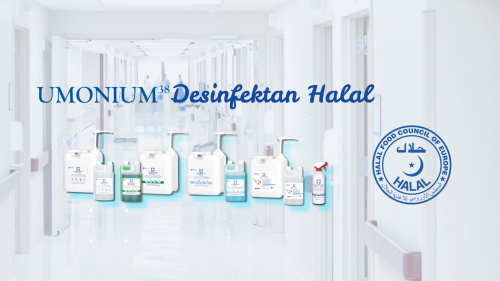
01 October 2025
UMONIUM38, Halal-Certified Disinfectant
UMONIUM38 offers a comprehensive disinfection solution—technically effective, safe for users and the environment, and compliant with additional standards through halal certification. Its halal certification is not merely symbolic, but an integral component of a quality management system that ensures the product has undergone rigorous testing and auditing. As such, UMONIUM38 stands out as a reliable and appropriate choice for healthcare facilities as well as various industrial sectors.

14 May 2025
AN EFFECTIVE DISINFECTANT AGAINST THE THREAT OF ANTHRAX (BACILLUS ANTHRACIS)
Anthrax is an acute infectious disease caused by the Gram-positive bacterium Bacillus anthracis. This bacterium has a unique ability to form highly resistant spores to extreme environmental conditions, including heat, UV light, common disinfectants, and desiccation. Due to these characteristics, anthrax is recognized as one of the most dangerous biological agents and has been used in bioterrorism attacks

21 February 2025
DIFFERENCES BETWEEN HIGH-LEVEL DISINFECTANT AND OTHER DISINFECTANTS
In the healthcare world, cleanliness and sterilization are crucial. One important component of this process is the use of disinfectants. However, did you know that not all disinfectants are created equal? There are various types of disinfectants; one of the most effective is the high-level disinfectant. So, what exactly is the difference between high-level disinfectants and other disinfectants? Let's delve deeper.
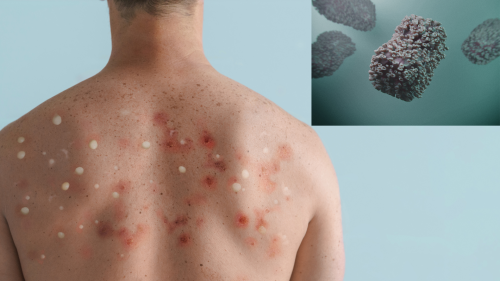
03 September 2024
THE IMPORTANCE OF EFFECTIVE DISINFECTION IN PREVENTING MONKEYPOX (MPOX)
Monkeypox (Mpox) is a rare disease caused by the Monkeypox (Mpox) virus, which is a member of the Orthopoxvirus family. It was first identified in laboratory monkeys in 1958, and it started affecting humans in 1970 in the Democratic Republic of the Congo. While cases are mainly reported in remote regions of Central and West Africa, outbreaks have also occurred outside of these areas, attracting global attention.

03 May 2024
KEY TO EXENDING THE LIFESPAN OF MEDICAL EQUIPMENTS
In the continuously evolving medical field, the care and maintenance of medical equipment are crucial for ensuring patient effectiveness and safety. The longevity of medical equipment not only reduces costly replacements but also enhances the quality of healthcare services. One of the key strategies to extending the lifespan of medical equipment is the proper use of disinfectants.

23 January 2024
SECRET VEIL OF DISINFECTANTS: PROTECTING HEALTH OR ENDANGERING?
Healthcare-associated infections (HAIs) pose a significant threat to patients, healthcare professionals, and visitors. The use of safe disinfectants plays a central role in preventing infections in healthcare facilities.

01 November 2023
DISINFECTION USING ALCOHOL VS UMONIUM38
In healthcare facility, surgical procedures and even more invasive medical procedures are performed everyday. Disinfection and sterilization are essential for ensuring that medical and surgical instruments do not transmit infectious pathogens to patients. Failure to properly disinfect or sterilize equipment, can lead to infection, equipment damage which leads to wasted costs.

05 June 2023
BENEFITS OF ECO-FRIENDLY PRODUCT PACKAGING
Product packaging is everywhere. This amount of plastic and other non-natural materials can cause environmental problems such as waste and pollution. But there is an alternative: eco-friendly packaging.

18 May 2023
COULD A VACCINE FIGHT HIV?
A vaccine prevents or controls a specific infection by training the body's immune system to fight it. Over the years, scientists have made vaccines for various diseases including polio, influenza, and smallpox. Even though it has been decades since the discovery of the virus, a vaccine for HIV has yet to be found, because the development process takes a long time.

22 April 2023
MEDICAL WASTE AND ITS IMPACT ON HEALTH AND THE ENVIRONMENT
Health-care activities protect and restore health and save lives. But health-care waste contains potentially harmful microorganisms that can infect hospital patients, health workers and the general public. Management of health care wastes can prevent adverse health and environmental impacts from such waste.

12 February 2023
What Is the Latest Recommendation for Hepatitis B Vaccination?
At a meeting held on Nov. 2–3, 2021, the Centers for Disease Control and Prevention’s (CDC) Advisory Committee on Immunization Practices reviewed its recommendations on vaccines for infectious diseases. During this meeting, the committee revised hepatitis B vaccine recommendation guidelines to protect more adults against the effects of the hepatitis B virus infection.
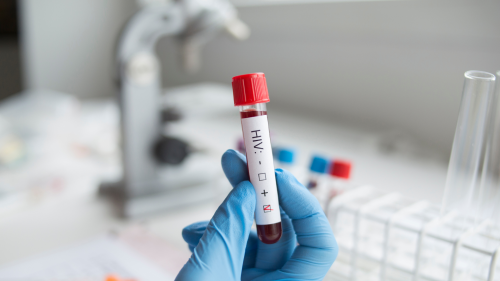
20 December 2022
3 TYPES OF MEDICAL EXAMINATION FOR HIV DETECTION
HIV is a sexually transmitted infection (STI) caused by a virus that attacks the immune system. Treatment can control the infection and prevent disease progression and being diagnosed early means you can start therapy right away. Check out this article to find out 3 types of medical examinations for HIV detection.
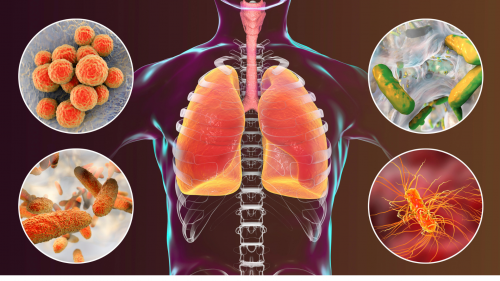
12 November 2022
GET TO KNOW PNEUMONIA
Pneumonia is an infection that inflames the air sacs in one or both lungs. Signs & symptoms of pneumonia can vary, depending on the severity and also the causative factors. Using an air disinfectant with UVGI technology such as OXIRA can be a solution to avoid pneumonia infection.
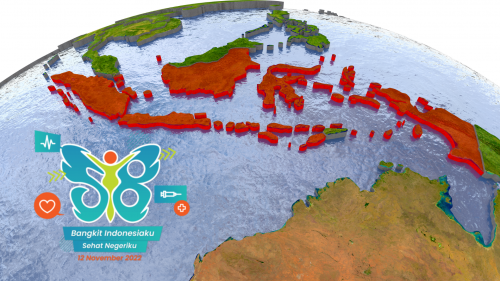
12 November 2022
National Health Day 2022
National Health Day is celebrated every November 12. Everyone can play a role in raising awareness of the importance of health, PT Isotekindo also plays a role in increasing health awareness by providing various types of medical devices that can be used for personal use or in health facilities.

28 October 2022
TIPS TO KEEP CLEANLINESS TO PREVENT HEPATITIS TRANSMISSION
Hepatitis is a disease caused by a virus that attacks human liver cells. This disease is closely related to inadequate sanitation and poor personal hygiene. Hepatitis disease can cause public health problems that can be widespread and can cause Extraordinary Events.
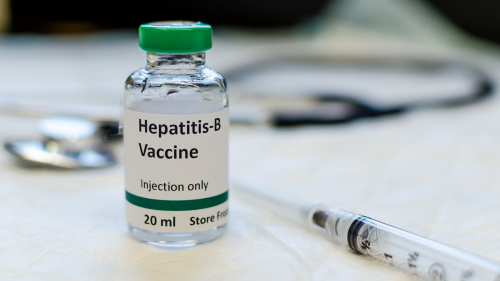
04 September 2022
IMPORTANCE OF HEPATITIS B VACCINE
Hepatitis B vaccination is indicated to prevent active infection with the hepatitis B virus, which can lead to chronic liver failure and hepatocellular carcinoma. This vaccine is not only specifically for adults, children are also recommended to get this vaccine from an early age. WHO (World Health Organization) also recommends that this vaccine be given to babies within 24 hours after birth.

30 May 2022
DEADLY HEPATITIS OUTBREAK 2022
The World Health Organization (WHO) declared an Extraordinary Event for the findings of acute hepatitis cases that have infected children in 12 countries in Europe, America, and Asia since April 15, 2022. The Indonesian Ministry of Health is also investigating the cause of this acute hepatitis incident. During the investigation period, the public is advised to maintain health protocols.
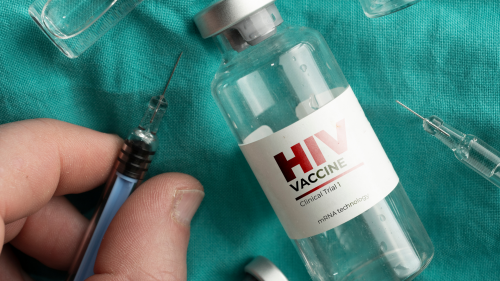
18 May 2022
IS THERE A VACCINE FOR HIV?
Led by the National Institute of Allergy and Infectious Disease, HIV Vaccine Awareness Day is observed on May 18. This event is an opportunity to recognize the many volunteers, community members, health professionals, and scientists who are working together to find a safe and effective vaccine to prevent HIV.




